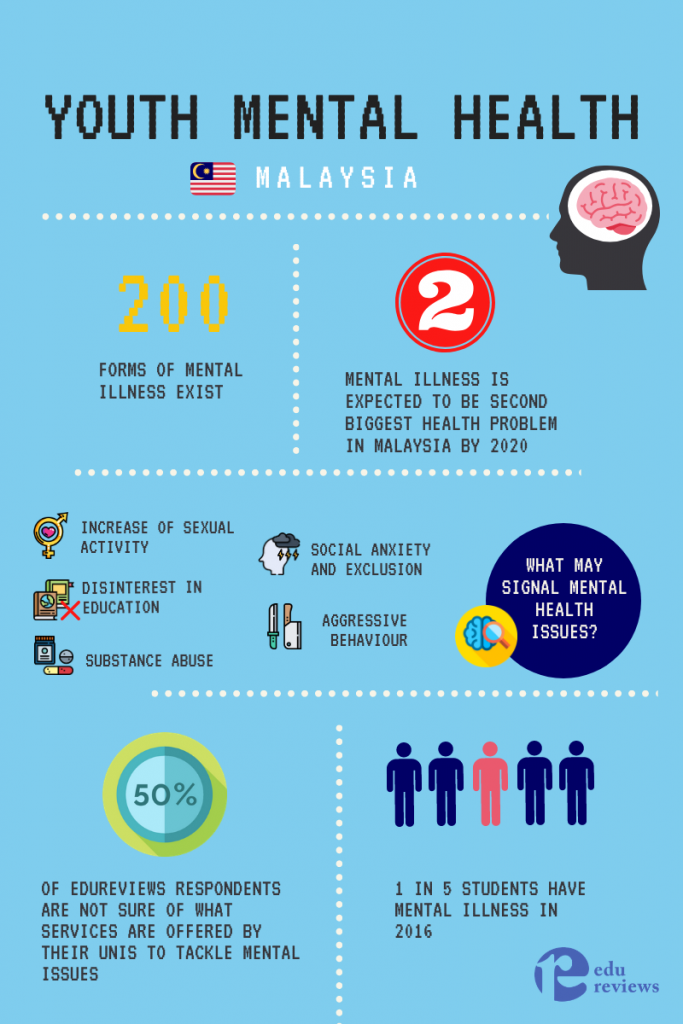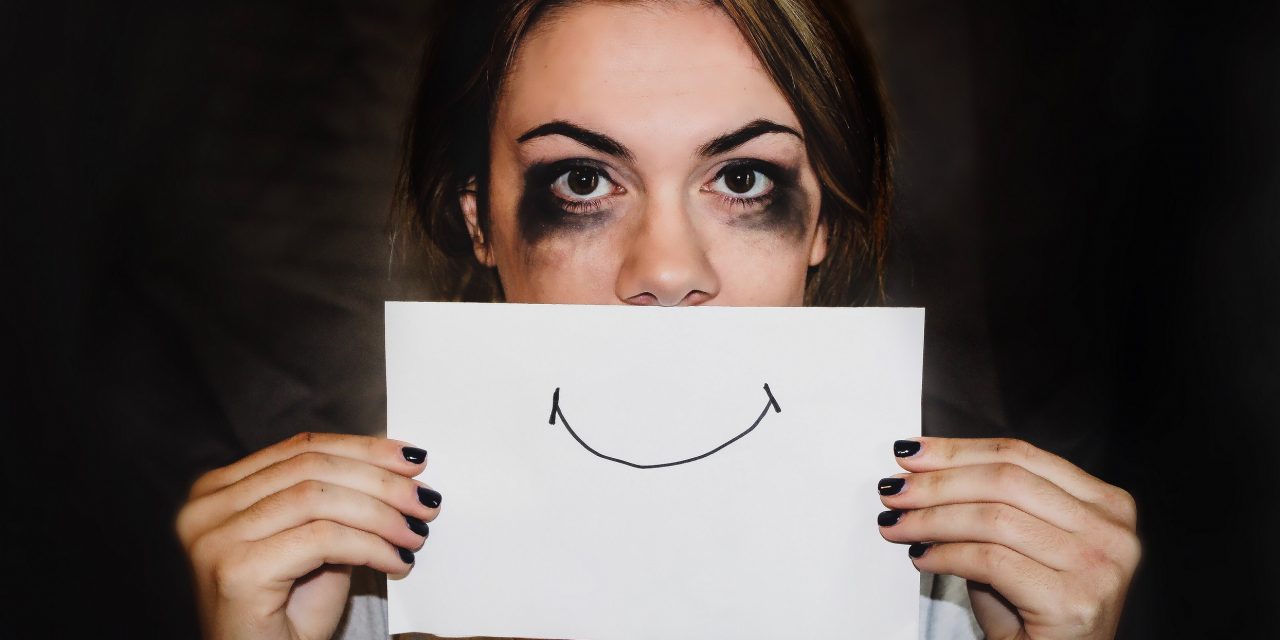When we talk about having good mental health, we are talking about having the ability to communicate wants and thoughts, as well as performing daily activities without any psychological or emotional hindrance. Mental illness, in contrast, is a cognitive condition that ‘attacks’ these abilities causing significant distress or impairment of personal functioning, seen in the ways people express themselves; both in terms of behaviour and thinking.
There are approximately 200 classified forms of mental illness, and these include depression, obsessive-compulsive disorder (OCD), and schizophrenia. Each has different ways of affecting its sufferer, therefore we cannot lump people with mental illness into one single category and make a generalisation out of that. Funnily enough, unlike other medical conditions such as diabetes and obesity (which are typically self-induced), there is this stigma surrounding mental illness.
This stigma is so ominously powerful, that often times it inhibits people who are diagnosed with or suspected to have this illness from getting the proper treatment. This is all in fear of being called ‘gila’, ‘psycho’ or ‘retard’. And up until now, mental illness is still seen as a topic of taboo for many in Malaysia. This is worrying because the disease is expected to be the second biggest health problem affecting Malaysians after heart disease by 2020. And that’s only a year away.

In fact, National Health and Morbidity Survey 2015 found that the prevalence of mental health problems among Malaysians aged 16 years old and above had increased from 10.7% in 1996 to 29.2% in 2015. To put it into a perspective, if there are 30 students in a classroom, 10 of them might have some kind of mental illness going on. The same study also found that younger adults, females, other Bumiputras, and adults from low-income families have a higher risk of being diagnosed with mental illness.
Looking at Malaysian youth specifically, the data from the Health Ministry reveals that the number of students suffering from mental illness had gone up to one in five in 2016, from one in 10 individuals in 2011. In many cases, students who are showing signs of aggressiveness, disinterest in education and awkwardness in socialising with peers are seen as problematic students or adolescents who are just going through puberty, when the reality is far more complex in that. Self-harm, playing truant, substance abuse and an increase in sexual activities might be a form of escapism from tensions and a way of them to seek attention and help from others.
What should you do?
Understanding how important mental health support is for youth in educational institutions, we, at Education Review asked our reviewers if they are aware of the availability of such support in their universities. While some say that they know where to go to should they need help (i.e. counsellors, peer mentor/parent), more than 50% of our respondents claimed that they are ‘not sure’ of what services do their institutions offer in regards to tackling this issue. As cliche as this may sound, youth is our asset. Hence, there is a need to provide a safe space for them to talk about their issues and how can it be alleviated/treated. With that being said, more efforts should be put into informing the public on the current status quo of Malaysians’ mental health and ways to end the stigma. Here’s how you can help :
- If someone tells you that they are stressed, depressed, anxious or having suicidal thoughts, do not dismissed them by saying ‘You’re thinking too much’, ‘It’s just a phase’, or ‘Maybe you should try praying more.’ You wouldn’t tell someone with cancer the same thing, right? Most of the time, when they confide in someone it means they trust that person enough to express their vulnerability. Listen to them and help them to find the assistance required.
- Show compassion. Many tend to forget that a simple act of kindness and affection can mean a lot to those who are deprived of them. It is important to note that a high percentage of people diagnosed with mental diseases had faced with some sort of traumatic experience before. So, randomly tell the person what positive attributes you can see in him/her or offer a hug, you can never know how much of a help you can be by doing these things.
- Educate yourself and help to educate others on the matter. Read more, help to spread awareness by joining campaigns and discussions and when you see/hear people perpetuating misconceptions about mental illness, and respectfully correct them.
While these are the steps that can be taken at a personal level, we need the community – teachers, parents, education institutions, governing bodies, and NGOs – to work together so as to ensure that this doesn’t get worse in the future. Surely, it is not an easy task, but don’t many hands make work light? Right parenting is also crucial in ensuring our child is mentally healthy. Do read here on “Parenting your Child in the Digital Age.”
*Editor’s note: If you know anyone who is suffering from mental health or facing it yourself, please refer to Malaysian Mental Health Association’s website and get the help needed. Early interventions can make a big difference.









